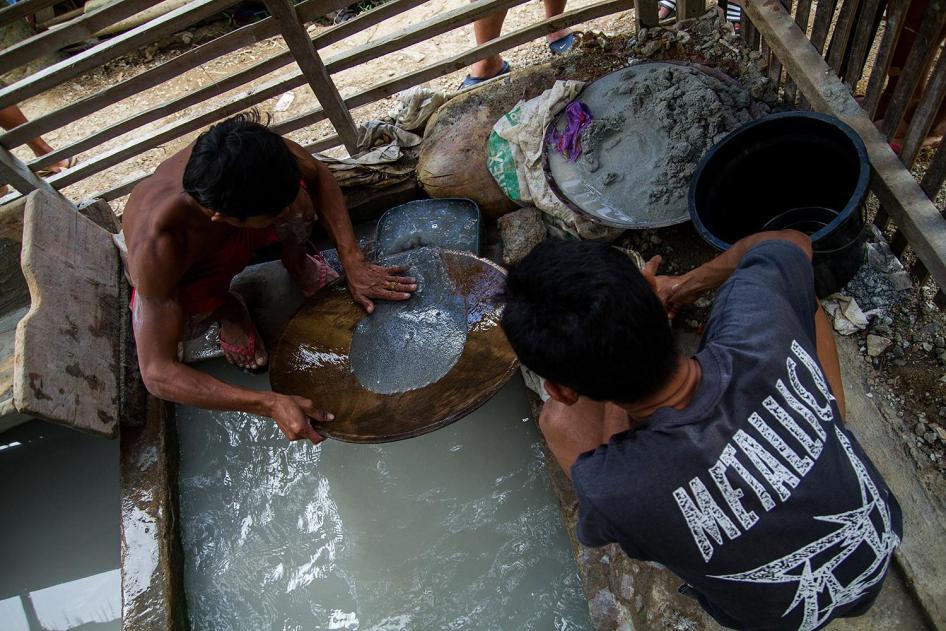Fires in Indian factories, accidents in Zimbabwe gold mines, infertility from chemical exposure the Democratic Republic of Congo – workers around the world face risks, sometimes lethal, in the workplace.
Next week, there’s a unique opportunity to improve the lives of millions of workers as trade unions, governments, and employers try to agree on standards for work conditions in global supply chains.
Human Rights Watch has documented labor rights violations around the world and across various sectors, including textiles, mining, construction, agriculture, and meat processing. In a globalized economy, businesses increasingly source goods and services from complex chains of suppliers that often span multiple countries with different labor rights laws and practices.
One way to improve worker protection would be to enshrine labor rights as a legal requirement along global supply chains. From February 25 to 28, the International Labour Organization (ILO) will hold a meeting of government, employer, and trade union experts to assess standards needed to ensure decent work in global supply chains. Arriving at this point was not quick or easy – the decision to hold this meeting was taken after much discussion in 2016 at the International Labor Conference, an annual summit of labor ministers.
Expect the debate to be heated. While trade unions are advocating for a binding international ILO standard, employer organizations tend to seek voluntary standards, while government positions vary widely.
At the moment, most countries do not legally require companies to protect labor rights in their global supply chains. There are some good voluntary industry standards, as well as a set of important United Nations norms on business and human rights, detailing steps for human rights “due diligence,” but these are not mandatory.
The ILO experts should seize this rare opportunity to protect labor rights in supply chains and decide at next week’s meeting that a new international treaty protecting workers is the best way forward.









